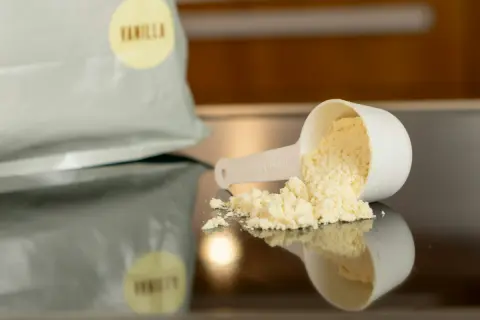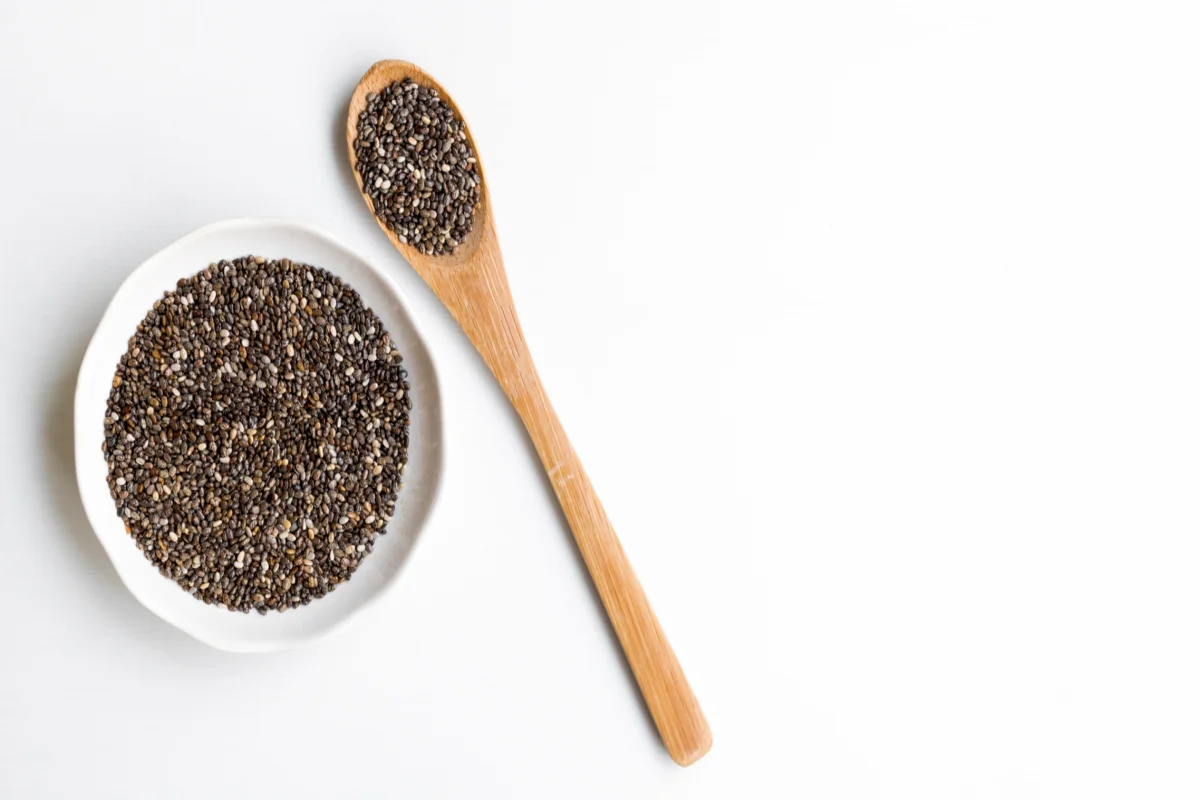 Tuesday, July 15, 2025
Tuesday, July 15, 2025Chia Seeds: The Superfood for Sport, Health, and Energy
Chia seeds may be tiny, but they pack a mighty punch. The Aztecs and Maya were already aware of the power of these small grains—after all, "chia" means "strength" in the Mayan language. Today, nutritionists, athletes, and fitness enthusiasts celebrate these seeds as a true superfood. Why? Because they offer an impressive nutrient profile, versatile applications, and numerous benefits for health and performance.
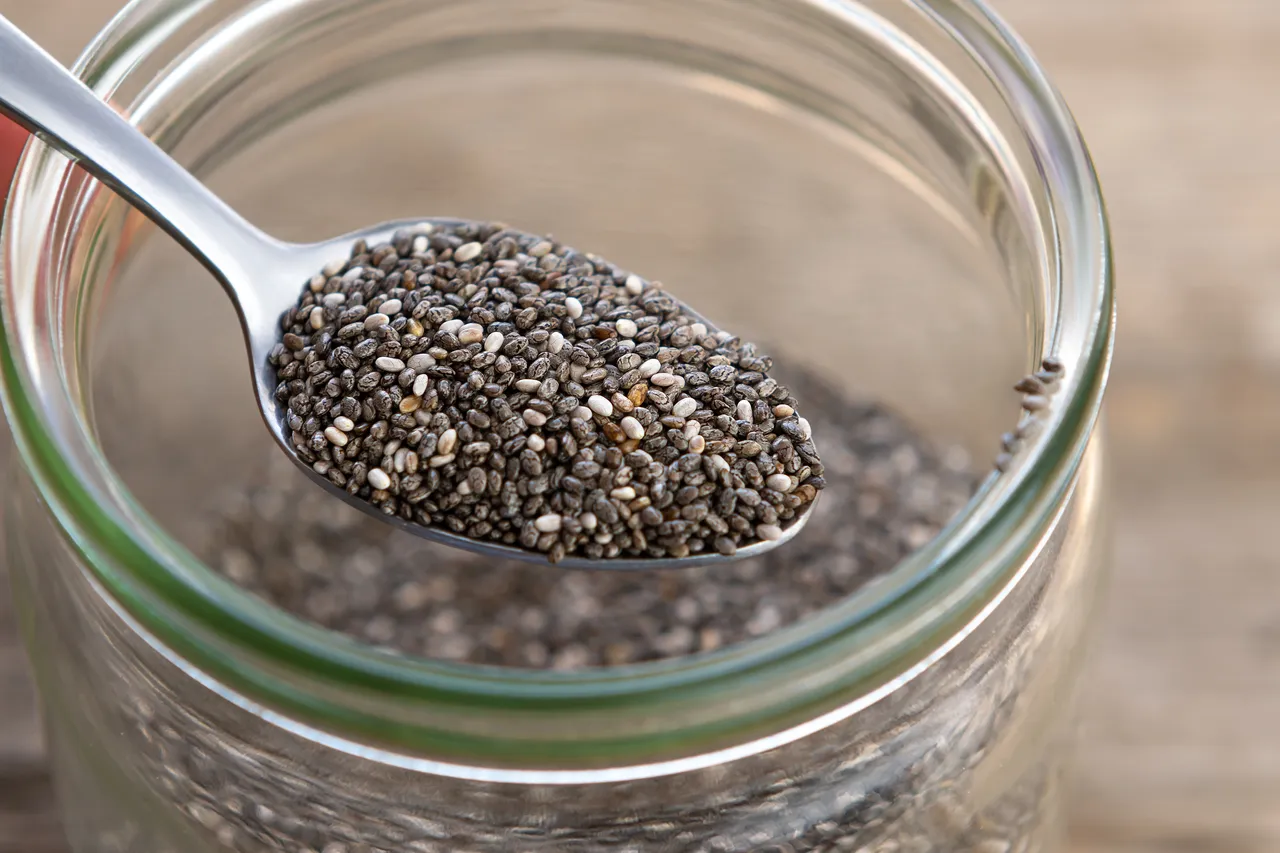
What makes chia seeds so special?
Chia seeds come from the plant Salvia hispanica, primarily grown in Mexico. Their composition is extraordinary: they contain a high amount of omega-3 fatty acids, dietary fiber, plant-based protein, antioxidants, and essential minerals like calcium, magnesium, and iron.
A unique advantage: When combined with water, chia seeds absorb water and expand to ten times their size, forming a gel-like consistency. This gel not only aids in weight loss (by creating a longer feeling of fullness), but also promotes digestion.
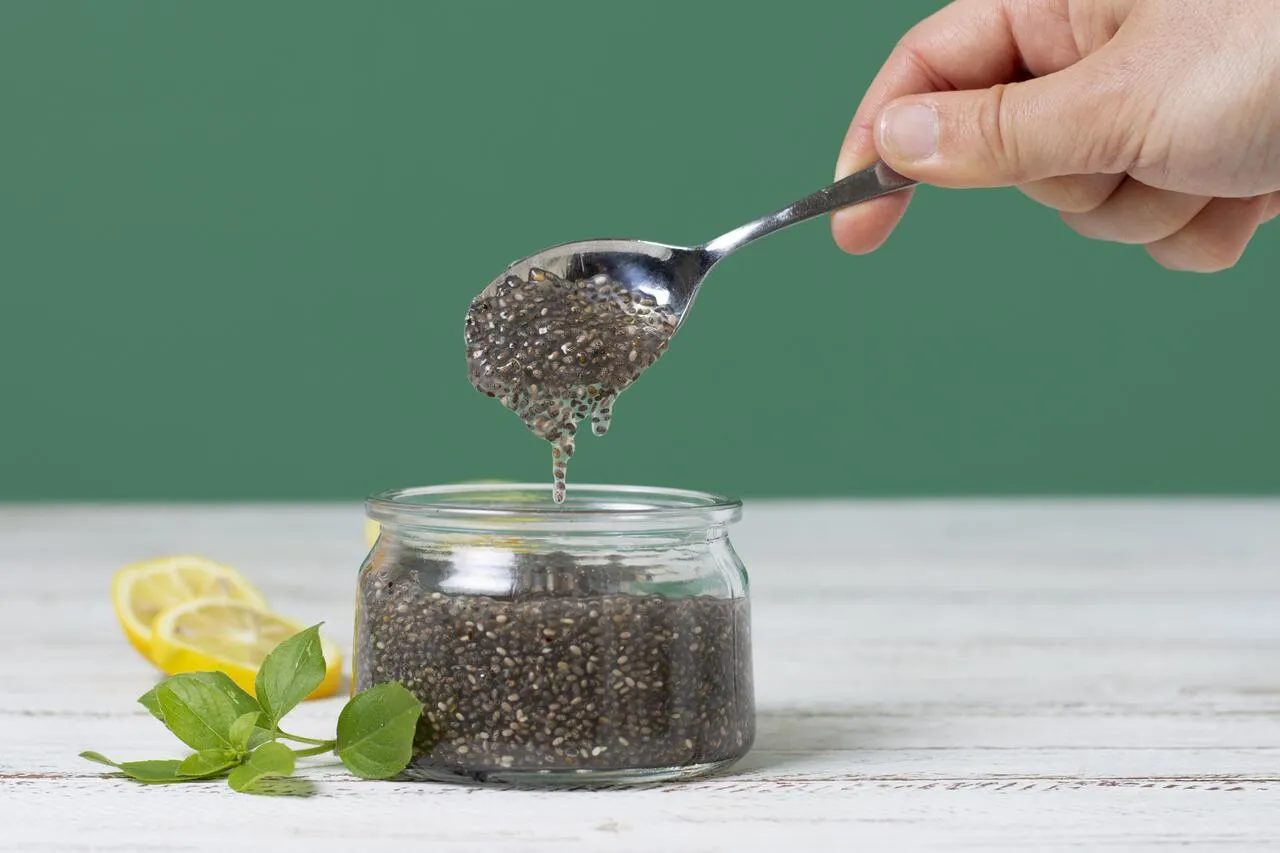
Chia seeds in sports nutrition
For athletes, chia seeds are a true multitasker:
- Long-term energy: The complex carbohydrates and fiber provide a slow release of blood sugar—ideal for endurance sports.
- Anti-inflammatory: The contained omega-3 fatty acids can have anti-inflammatory effects and improve recovery after intense training sessions.
- Electrolytes & minerals: Magnesium and calcium aid muscle contraction and prevent cramps.
- Protein source: Especially for vegans, chia seeds are a valuable source of plant-based protein, which is crucial for muscle building.

Everyday applications
Another advantage: Chia seeds are extremely easy to incorporate into your diet. Here are some ideas:
- Chia pudding: Mix 2 tablespoons of chia seeds with 200 ml of plant-based milk, let them soak overnight, and top with berries.
- In smoothies: Add 1 tablespoon to your protein shake—more satiating and improves the texture.
- In cereal or yogurt: Just sprinkle over—crunchy texture included.
- As an egg substitute: 1 tablespoon chia seeds + 3 tablespoons water = 1 vegan egg (for cakes, pancakes, muffins).
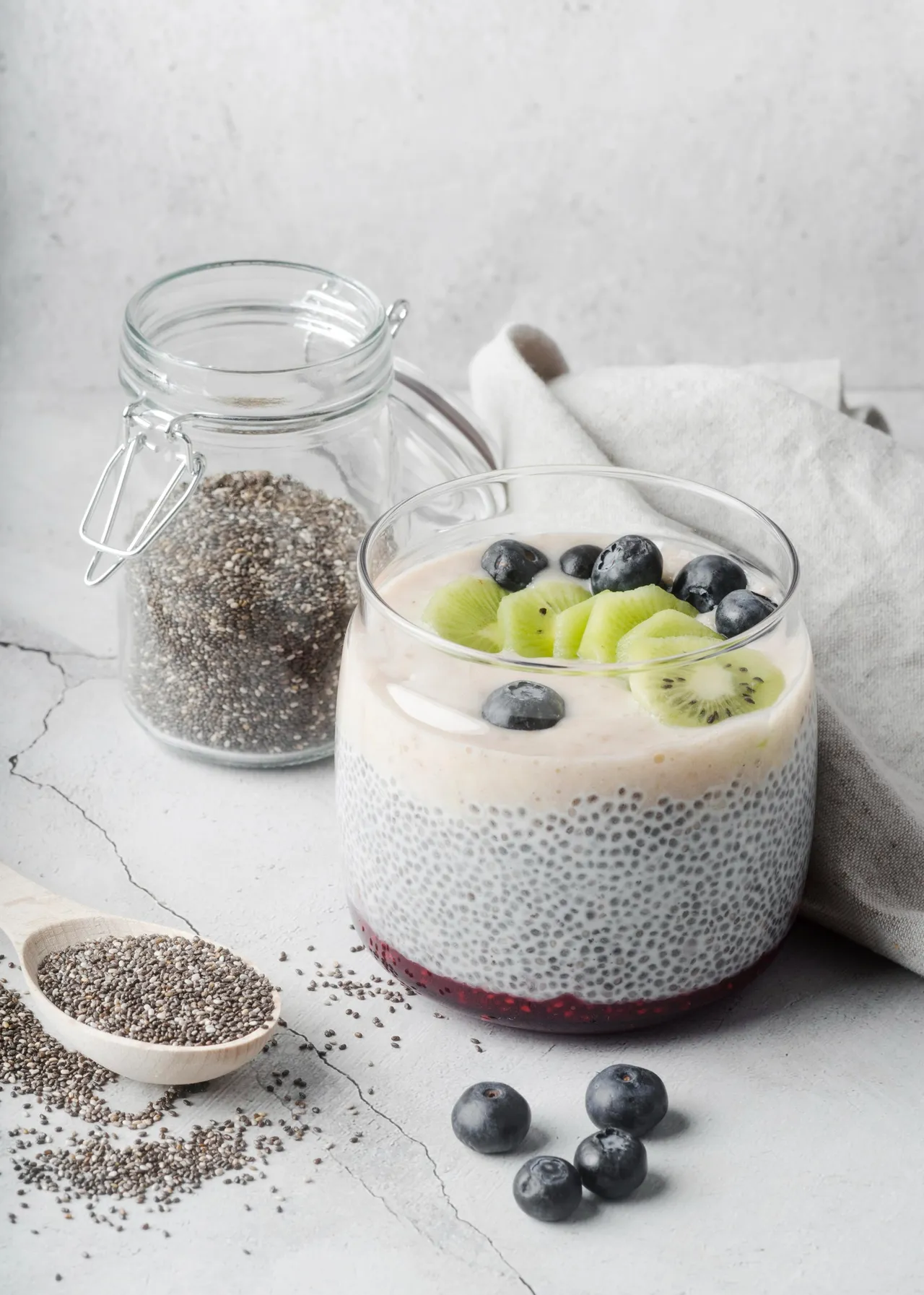
Scientific background
Studies have shown that chia seeds can have positive effects on blood fats, blood pressure, and blood sugar levels. A study in the European Journal of Clinical Nutrition (2010) found that chia seeds may help reduce postprandial (after meal) blood sugar spikes. Further research is investigating the role of chia in endurance performance—early findings are promising but not yet conclusive.

Nutrient table (per 100 g of chia seeds)
| Nutrient | Amount |
|---|---|
| Calories | Approx. 486 kcal |
| Protein | Approx. 17 g |
| Fat | Approx. 31 g |
| – of which omega-3 | Approx. 18 g |
| Carbohydrates | Approx. 42 g |
| – of which fiber | Approx. 34 g |
| Calcium | Approx. 630 mg |
| Magnesium | Approx. 335 mg |
| Iron | Approx. 7.7 mg |
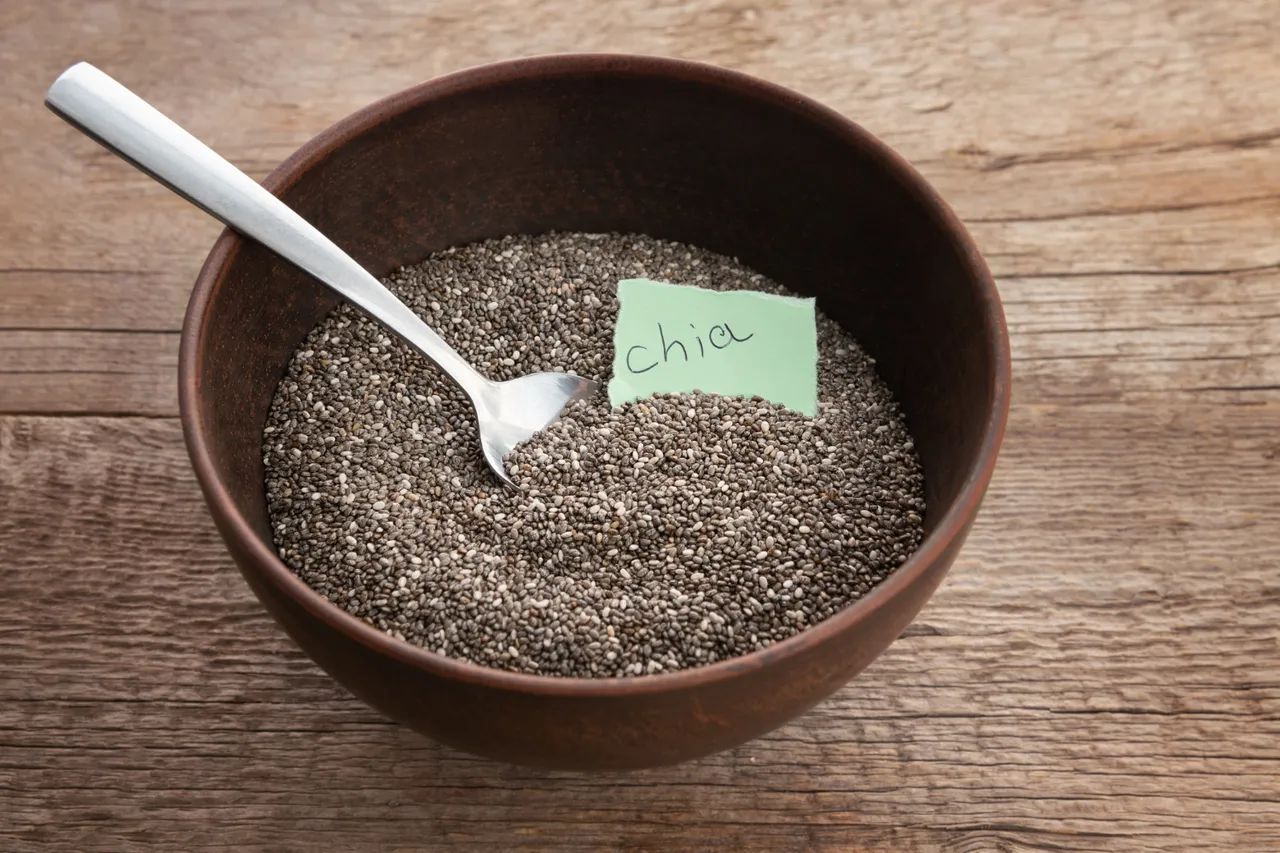
Are there any risks?
In principle, chia seeds are safe. However, at very high quantities (more than 30 g per day), sensitive individuals may experience bloating or digestive issues due to the high fiber content. It is important to drink plenty of water! Otherwise, the expanding seeds can cause issues in the intestines.
Additionally, individuals with very low blood pressure or those on certain blood thinners should consult their doctor—because of the blood pressure-lowering and blood-thinning effects of omega-3.

Conclusion
Chia seeds are small, but full of power. For athletes, they provide energy, healthy fats, plant-based protein, and support for recovery and digestion. They are easy to integrate into daily life and versatile in use. With scientifically proven benefits and minimal side effects, they rightfully belong to the category of superfoods. Anyone seeking to improve their fitness and health should definitely give these tiny seeds a chance—whether in a smoothie, as pudding, or simply in yogurt.


